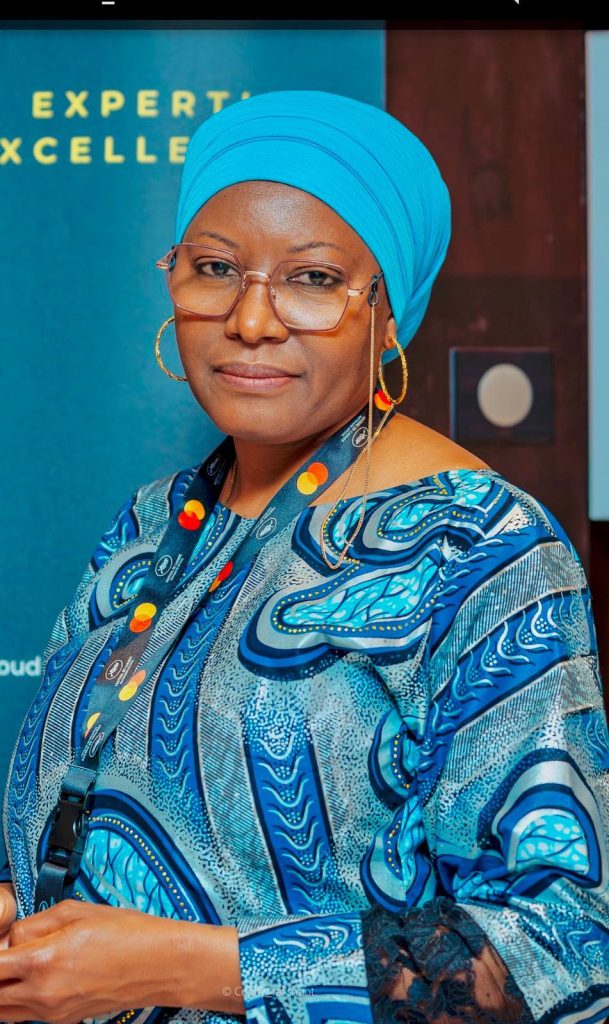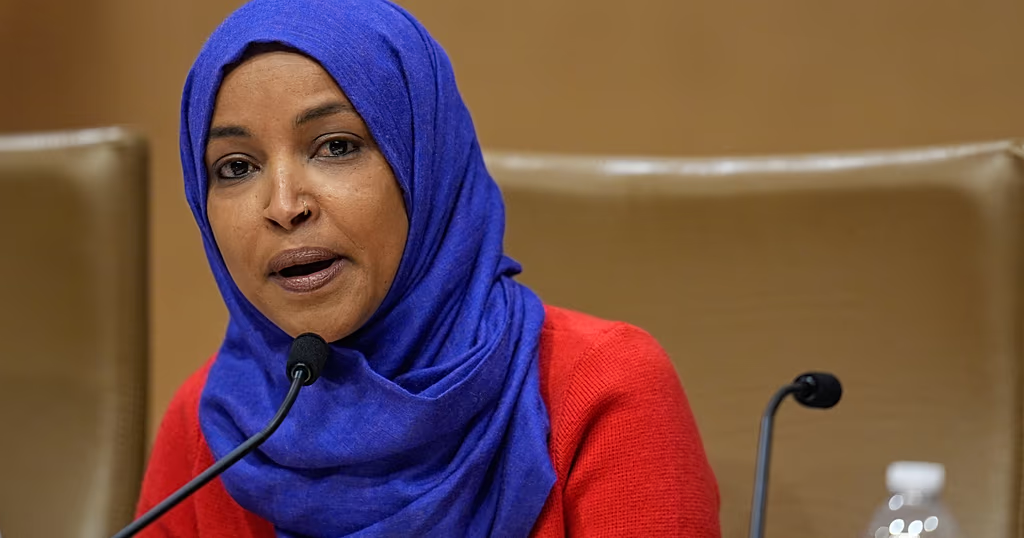Chief Bisi Akande, the founding Interim Chairman of the All Progressives Congress, has issued a stark caution against the resurgence of the Peoples Democratic Party (PDP) in the upcoming 2027 elections, predicting intensified hardship for Nigerians if it happens.
Speaking on the opposition’s bid to form a coalition and overthrow the ruling party at the federal level, Akande emphatically asserted that such a transfer of power would not bring relief from the ongoing struggles faced by the citizens.
Addressing journalists in Ila Orangun, Osun State, on the occasion of his 85th birthday celebrations, Akande rebuffed the proposal by the opposition parties to unite in order to challenge the ruling APC.
Amidst the swirling political climate, Akande recalled the victorious coalition of opposition parties which he led as the Interim National Chairman of the APC, culminating in the defeat of then-incumbent President Goodluck Jonathan in the 2015 general election. He firmly opined that reinstalling the PDP in power would perpetuate the suffering of Nigerians, drawing attention to the initial rejection of the party due to its lack of direction.
Reflecting on the monumental task inherited by the APC upon assuming power, Akande acknowledged the arduous process of steering the nation’s fragile political and economic landscape onto a more stable course. He likened the transition to navigating a treacherous road, emphasizing that this phase of reconstruction inevitably yields discord.
Elaborating on the complexities of governance, Akande underscored the divergent approaches that different leaders bring to the table, emphasizing that even two individuals with identical backgrounds would yield distinct outcomes due to variances in their advisors and decision-making.
Shifting the focus to the economic predicament gripping the nation, Akande stressed that the pivotal transformation in the country’s fortunes hinges primarily on the actions and mindset of its citizenry rather than the leadership in power.
He underscored, “Whether it is the ‘Change’ advocated by Buhari or the ‘Renewed Hope’ championed by Bola Tinubu, the ultimate transformation rests with the society itself. It is contingent upon a society’s work ethic and determination.”
In closing, Akande juxtaposed the societal ethos in other nations, suggesting that in countries like Europe, America, or China, the prevailing work culture would make enacting change through political leadership a comparatively more feasible prospect.



